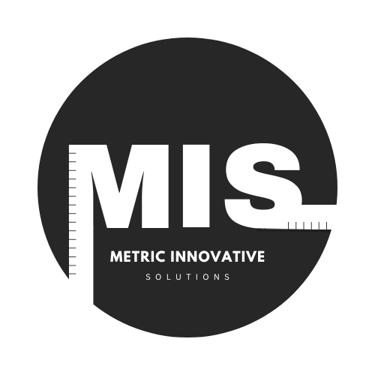The Role of Energy Audits in Achieving Sustainability Goals
Andrew Yu
1/23/20251 min read


As the world prioritizes sustainable practices, energy audits are becoming an essential tool for businesses aiming to reduce their environmental impact while optimizing operations. Let’s delve into how energy audits contribute to achieving sustainability goals:
1️⃣ Identifying Energy Inefficiencies
An energy audit assesses your energy usage and pinpoints areas where energy is being wasted. By addressing these inefficiencies, businesses can significantly reduce their energy consumption and carbon footprint.
2️⃣ Cost Savings
Energy audits don’t just benefit the environment—they also enhance profitability. By implementing recommended upgrades, such as energy-efficient lighting or HVAC systems, companies can achieve substantial cost savings over time.
3️⃣ Meeting Regulatory Requirements
Governments in North America are encouraging businesses to adopt energy-efficient practices through incentives and regulations. Energy audits help ensure compliance and maximize opportunities for grants, rebates, and tax credits.
4️⃣ Guiding Renewable Energy Integration
For businesses looking to incorporate renewable energy, such as solar or wind, energy audits provide valuable insights into current energy needs and potential areas for integration. This ensures a smoother transition to greener energy sources.
5️⃣ Supporting ESG Goals
Energy audits demonstrate a commitment to sustainability, helping businesses meet their Environmental, Social, and Governance (ESG) targets. This commitment resonates with stakeholders, investors, and customers alike.
Energy audits are a powerful tool for businesses striving to enhance sustainability, reduce costs, and meet regulatory and ESG goals. By identifying inefficiencies, guiding renewable energy integration, and supporting compliance, energy audits pave the way for a more efficient, environmentally responsible future.


